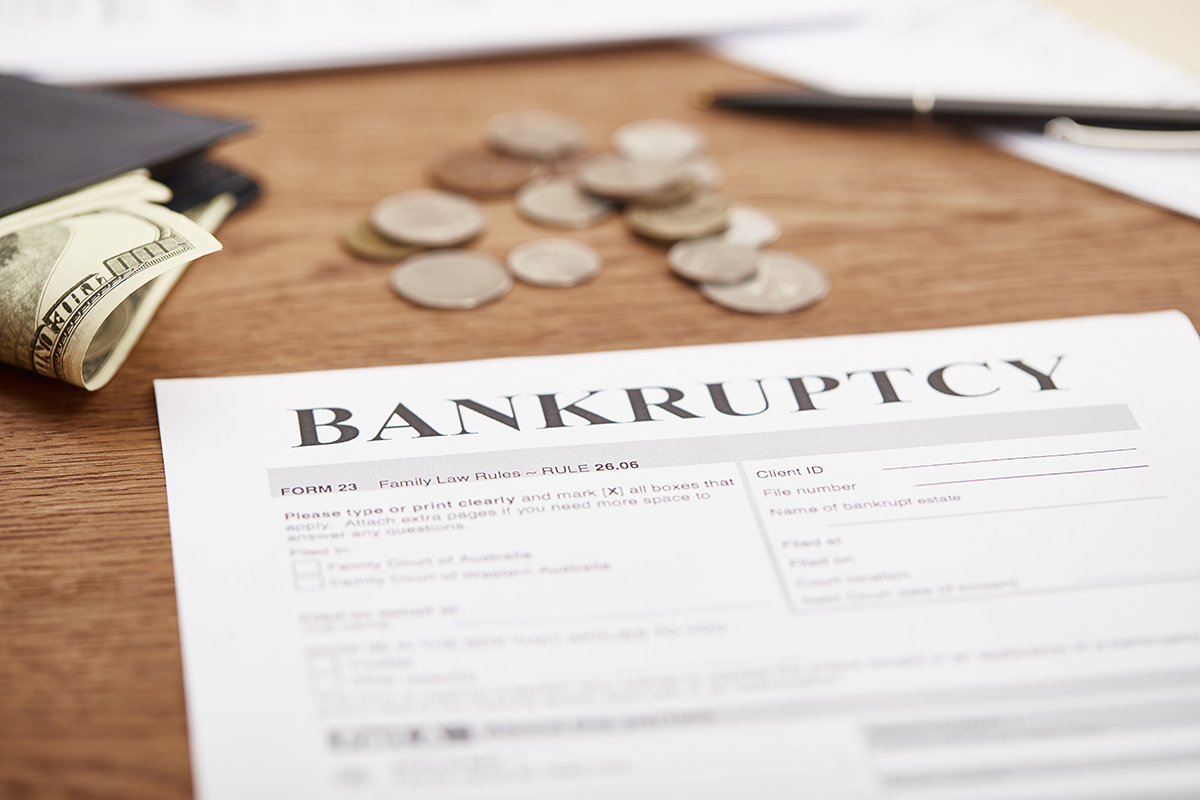Tax Debt
Chapter 7 bankruptcy helps people get rid of some debts. But what about money owed to the IRS?
Many think tax debt cannot be erased in Chapter 7 bankruptcy. Some tax debts can be erased, but not all. Let’s talk about tax debt and Chapter 7 bankruptcy in Michigan.
Getting Rid of Income Tax Debt in Chapter 7
To get rid of income tax debt, you need to meet certain guidelines. Here’s what you need to know:
- Income-Based Taxes: Only income taxes can be erased with Chapter 7. Other taxes like property tax cannot be erased this way.
- File Your Tax Return 2 Years Before: Your tax return must have been filed at least 2 years before you file for bankruptcy. If you filed late, it might not count, and you can’t clear the debt. However, some courts might let you erase tax debt even if you filed late, as long as you meet other rules.
- Return Must Be 3 Years Old: The taxes must be from a return due at least 3 years before your bankruptcy filing. For example, if you filed a 2014 tax return, you can file for bankruptcy after October 15, 2017, to meet this rule.
- Taxes Assessed 240 Days Before: The tax debt must have been assessed at least 240 days before you file for bankruptcy. This time can be longer if there were other issues like an offer in compromise or a previous bankruptcy.
- No Fraud or Evasion: The tax return must be honest, and there cannot be a history of trying to cheat the tax system. If you filed with a spouse, both of you must have been honest about your taxes. [3]

Some Tax Debts That Cannot Be Erased
Some tax debts cannot be erased through Chapter 7. Here are some examples:
- Tax Liens: If you have a tax lien on your property, it stays even if you erase the debt. You will need to pay off the lien when you sell the property.
- Recent Property Taxes: Property taxes due within a year of filing for bankruptcy cannot be erased. If the taxes were due more than a year ago, you might be able to erase the debt, but any liens will still exist.
- Other Tax Debts: Taxes like FICA, Medicare, excise taxes, and customs duties cannot be erased through Chapter 7 bankruptcy. Also, tax returns with errors are not covered. [2]
Billings Received While in Bankruptcy
Receiving tax bills while in bankruptcy can be perplexing. There are several reasons why this may happen:
- New Assessments Issued: If new assessments have been made, both an intent to assess and a final assessment must be issued by the system before they can be classified under bankruptcy status.
- Non-Dischargeable Debt: Some tax debts are not dischargeable in bankruptcy, meaning they remain collectible even during your bankruptcy proceedings. This change in status can lead to continued billing.
- Corrected Assessments: If actual returns were filed and assessments were corrected, you would receive a letter showing the corrected amount, which may differ from your original understanding.
- Lack of Treasury Awareness: In some cases, the Treasury might not be aware of your bankruptcy, resulting in ongoing billing for taxes.

It’s important to communicate with your bankruptcy attorney and the relevant financial institutions to clarify and resolve these issues. [1]
If you or a loved one needs help with bankruptcy, contact Frego & Associates today.
FAQs
Yes, but only some kinds of tax debt can be erased through bankruptcy. Typically, income taxes can be cleared under Chapter 7 bankruptcy if specific criteria are satisfied, while other taxes like sales tax or property tax cannot.
Sales taxes, property taxes, and other taxes such as FICA, Medicare, excise taxes, and customs duties usually cannot be wiped out under Chapter 7 bankruptcy. Tax liens on your property will also remain even if the debt is erased.
To erase income tax debt under Chapter 7, these rules must be followed:
- The tax return needs to have been filed at least two years before the bankruptcy filing.
- The taxes must be from a return due at least three years before the bankruptcy filing.
- The tax debt should have been assessed at least 240 days before the bankruptcy filing.
- The tax return must be truthful, and there shouldn’t be any attempts to dodge taxes.
If your tax return was filed late, it might not count towards erasing the debt in bankruptcy. However, some courts might still allow the erasure of tax debt even if it was filed late, as long as other conditions are met.
Recent property taxes due within a year of filing for bankruptcy can’t be erased. If the property taxes were due more than a year ago, they might be eligible for erasure, but any tax liens will still be there.
There are several reasons you might still get bills during bankruptcy:
- New assessments might have been issued
- Non-erasable debts remain collectible
- Corrected assessments based on actual returns filed
- The Treasury or relevant authorities might not be aware of your bankruptcy status
You should talk to your bankruptcy lawyer and the relevant financial institutions to clear up and fix any issues regarding ongoing billing during bankruptcy.
Sources:
[1] Frequently Asked Questions. (n.d.). https://www.michigan.gov/taxes/collections/bankruptcy/frequently-asked-questions
[2] United States Courts. (n.d.). Chapter 7 – Bankruptcy basics. Retrieved July 23, 2024, from https://www.uscourts.gov/services-forms/bankruptcy/bankruptcy-basics/chapter-7-bankruptcy-basics
[3] Nolo. (n.d.). Tax debts in Chapter 7 bankruptcy. Retrieved from https://www.nolo.com/legal-encyclopedia/tax-debt-chapter-7-bankruptcy.html




